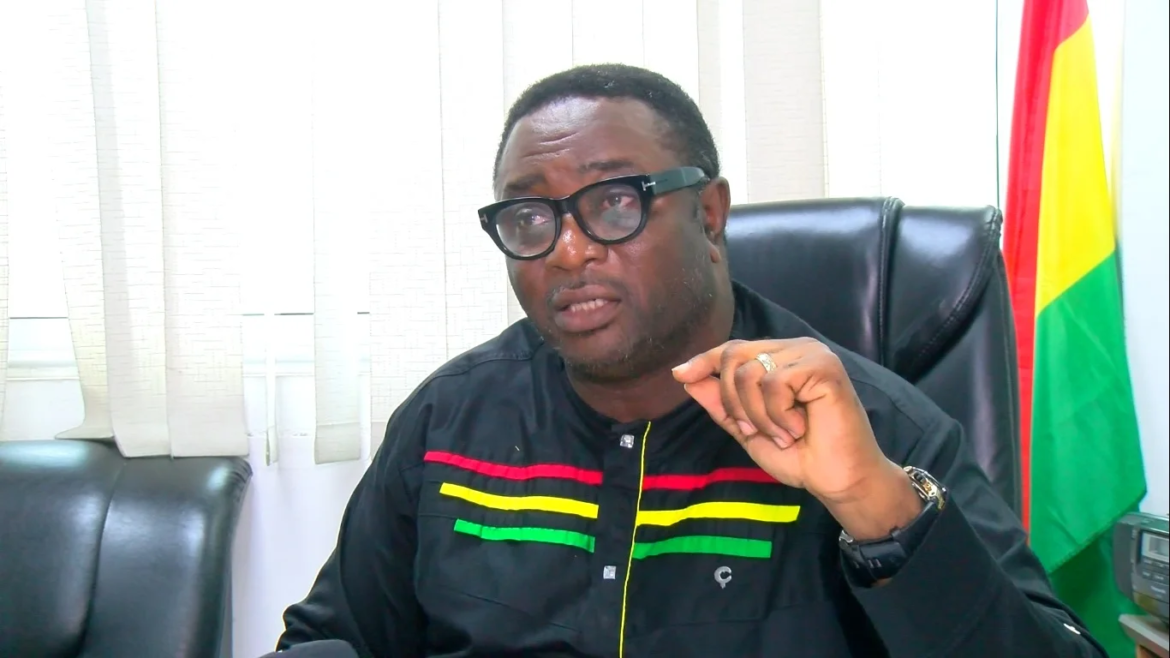The Presidential Envoy for Interfaith and Ecumenical Relations, Elvis Afriyie Ankrah, has strongly defended the government’s directive requiring religious leaders to submit sensitive national prophecies—particularly those concerning the nation and top government officials—for official review before making them public.
In a statement addressing public reactions, Mr. Ankrah insisted that the practice is firmly grounded in biblical principles, emphasizing that spiritual accountability and prophetic discernment are vital for national peace and unity.
“Throughout scripture, prophets were held accountable for their words. There were always checks—whether by spiritual elders, kings, or the broader community of faith,” he explained. “In modern governance, this responsibility aligns with efforts to prevent public panic, misinformation, or actions that could threaten national security or stability.”
The government has in recent years expressed concern over the rise in unvetted public prophecies, some of which have sparked fear, misinformation, or controversy—particularly around political figures and national security events.
Ankrah’s comments come in the wake of ongoing debates between sections of the clergy and the state, with some religious leaders opposing what they see as state interference in spiritual matters. However, the government insists the move is not meant to stifle religious freedom but to balance spiritual expressions with national interest and responsibility. Elvis Afriyie Ankrah Defends Prophecy Review Directive: “The Bible Encourages It”
Accra, August 11, 2025 — Presidential Envoy for Interfaith and Ecumenical Relations, Elvis Afriyie Ankrah, has defended the government’s directive requiring religious leaders to submit sensitive national prophecies for review before public disclosure. Speaking on JoyNews’ AM Show on Monday, August 11, he dismissed claims that the move is an infringement on religious freedom.
Instead, Mr. Ankrah described the directive as a necessary safeguard, aimed at ensuring messages that may carry national security implications are handled with responsibility and discernment.
“This is not an attempt to stifle spiritual expression,” he stated. “It is a responsible step to protect the country and ensure that prophetic messages are not used to create panic, division, or mistrust in public institutions.”
Biblical Justification for Prophecy Review
To support the government’s position, Mr. Ankrah cited several scriptural references, emphasizing that spiritual accountability is not only prudent—it is biblical.
He quoted 1 Thessalonians 5:20–21:
“Do not treat prophecies with contempt, but test them all. Hold on to what is good.”
He also referenced 1 John 4:1, which states:
“Dear friends, do not believe every spirit, but test the spirits to see whether they are from God…”
Additionally, he noted:
“The Bible actually encourages review. All things are lawful, but not all things are beneficial.”
Mr. Ankrah maintained that the directive does not bar genuine prophetic activity, but instead creates a framework for accountability, especially in an age where public pronouncements by religious figures can rapidly influence public sentiment and behavior.
A National Conversation on Prophecy and Responsibility
The directive has sparked debate across religious and civic circles. While some Christian leaders welcome the emphasis on order and discernment, others view the policy as a threat to religious autonomy and a potential overreach by the state into spiritual affairs.
However, the government insists that the policy is rooted in respect for faith, not suppression of it. Officials argue that prophetic declarations about political events, deaths of public figures, or impending national disasters must be handled with due care, especially when broadcast widely without context or verification.










